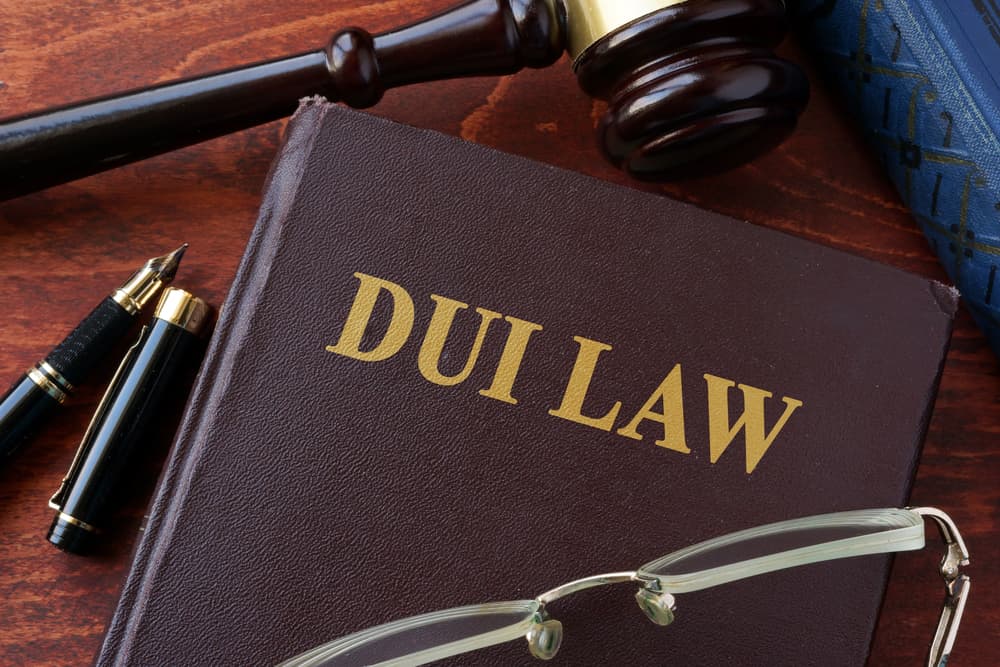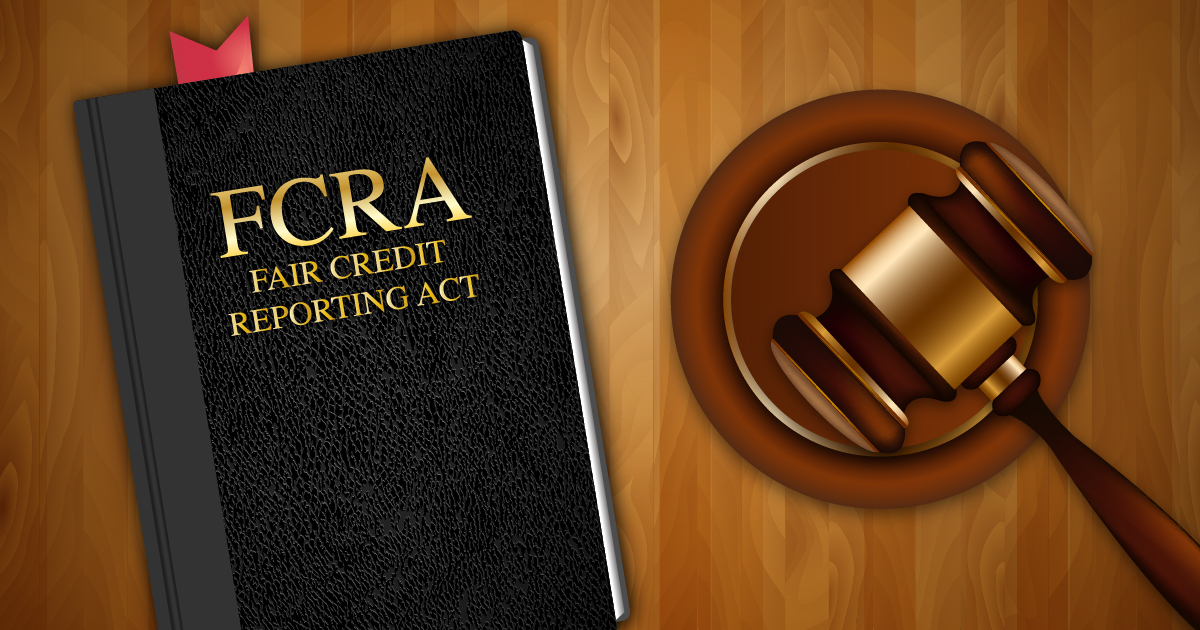If you’ve ever wondered how to find out if someone has a DUI—or if your own record might be visible to others—you’re probably diving into what’s commonly referred to as DUI look up law. Whether you’re an employer running background checks, a concerned parent, or someone trying to understand the long-term impact of a DUI conviction, this guide will walk you through what you can and can’t uncover when searching for DUI records. The concept of a DUI look up isn’t just about curiosity—it has serious legal and personal implications.
People often thinkDUI records are buried deep in legal files, accessible only to lawyers or government officials. But that’s far from the truth. In many states, DUI convictions are considered public record. And in today’s digital age, that means they might be just a few clicks away.
In this comprehensive article, we’ll answer the most pressing questions about DUI look up law, explore how different states handle public access to DUI records, and explain how you can use (or protect yourself from) a DUI look up. We’ll also share real-life stories to give context to these legal principles and show how they play out in the real world.

What Is a DUI Look Up?
Let’s start with the basics. A DUI look up refers to the process of checking whether someone has a DUI (Driving Under the Influence) arrest or conviction on their record. This might involve searching public criminal databases, court records, DMV databases, or commercial background check services. The term “DUI look up” has grown in popularity as employers, landlords, and even curious acquaintances seek to understand someone’s criminal background.
The ability to conduct a DUI look up stems from one key principle: most criminal records, including DUIs, are public. That means anyone, in theory, can access them—provided they know where and how to look.
Why Does It Matter?
Knowing how DUI look up law works can help you in two major ways:
- If you’re searching—it helps you avoid legal missteps when using someone’s record.
- If you’ve had a DUI—it helps you understand who can see your history, and what you can do about it.
How Do You Look Up a DUI Record?
The method depends heavily on the state and jurisdiction. In general, there are four main ways to perform a DUI look up:
1. Online Court Records
Many states now provide access to criminal court records through an online portal. You can usually search by name, case number, or date of birth. For example:
- Texas: Some counties like Harris County and Travis County offer searchable online court databases.
- California: The court system has public portals, but DUI records may be harder to access depending on the county.
- Florida: Has one of the most transparent systems for criminal record access.
2. DMV Driving Record Requests
In many states, DUI charges show up on your driving record, even if you weren’t convicted criminally. You can request a driving record from the DMV to verify this. However, only the individual or a legal representative can typically request a full driving record—third parties need written consent.
3. Third-Party Background Check Websites
There are dozens of commercial services—some legit, some not—that advertise instant criminal background checks. While convenient, they’re often outdated or inaccurate. Be cautious. The Fair Credit Reporting Act (FCRA) regulates how these services can be used, especially in employment contexts.
4. In-Person Record Requests
In jurisdictions that don’t offer online access, you may need to visit the county courthouse to request a record. Some clerks require a formal application and ID.
Real-Life Example: The Surprising DUI Reveal
Consider Nathan, a 35-year-old marketing executive in Dallas. He applied for a job with a financial firm, confident in his spotless resume. What he didn’t realize? ADUI arrest from 2011—where the charges were dismissed—still showed up on a public background check. The firm flagged it and paused his application. It was only after he provided court documents showing the dismissal that he was reconsidered.
Nathan’s case highlights a key aspect of DUI look up law: even non-convictions can appear, and they can affect your life in unexpected ways.
Are DUI Records Always Public?
In most cases, yes. DUI convictions are public criminal records. That means anyone can look them up, unless:
- The record has been sealed or expunged
- The individual was found not guilty and the record was later cleared
- The arrest occurred in a juvenile case, where different confidentiality rules apply

What About Employers and Background Checks?
Here’s where DUI look up law gets especially sensitive. Employers can—and often do—conduct background checks that include DUI offenses. However, they must comply with FCRA regulations, including:
- Notifying the applicant before taking adverse action
- Providing a copy of the report
- Giving time to dispute inaccuracies
Some states, like California, New York, and Illinois, restrict how far back employers can look when it comes to criminal convictions. In Texas, there’s no time limit unless the job pays under a certain amount or is exempt under state licensing laws.
Can Landlords Look Up DUI Records?
Yes, and many do. A DUI on your record can impact housing, especially in large apartment complexes that use automated screening systems. Some landlords may see any criminal record—DUI included—as a risk factor.
How Long Does a DUI Stay on Your Record?
This depends on the type of record you’re talking about:
- Criminal record: In most states, a DUI stays on your criminal record permanently unless it is expunged or sealed.
- Driving record: States vary. Texas, for example, keeps DUI records on your license for life. Others may drop them after 10 years.
- Insurance record: Most companies look back 3 to 5 years for rate setting.
)
Even if your conviction is old, it may still show up in a DUI look up. That’s why it’s crucial to know what’s out there—and whether you can get it removed.
Can You Remove a DUI from Your Record?
Under the right conditions, yes.
Expungement or Sealing
Some states allow expungement of DUI records, especially for first-time offenses or deferred adjudication cases. Texas doesn’t allow expungement for most DUI convictions—but non-convictions (dismissals, not guilty verdicts) may be eligible.
Nondisclosure Orders
Texas offers Orders of Nondisclosure, which seal certain convictions from public view. Not everyone qualifies, but if you do, it can prevent most employers and landlords from seeing your DUI.
Real-Life Example: Clearing the Slate
Amanda was arrested for DUI at 19 in Austin, but her case was dismissed after she completed a pre-trial diversion program. Ten years later, as a single mom applying for nursing school, she discovered the arrest still haunted her. She worked with an attorney to file for expungement. Once granted, the arrest was erased from her public record, giving her the clean slate she needed.
Is It Legal to Look Up Someone Else’s DUI Record?
Yes—but with limits.
If you’re just curious, looking up someone’s record through a public court website is legal. But if you’re using that information for employment, housing, credit, or insurance decisions, you must follow federal and state laws that protect consumer privacy.
Using a DUI look up to harass, blackmail, or defame someone? That’s illegal, and could lead to civil or criminal charges.
What About Mugshots and DUI Arrest Photos?
Many states—especially Texas and Florida—allow public access to arrest photos. Mugshot websites have capitalized on this by posting DUI arrests and charging fees to remove them. While some states have cracked down on this practice, it still happens.
If your DUI mugshot is online, check whether your state has a mugshot removal law. If not, you may need to contact the website directly or consult an attorney.
How Accurate Are DUI Look Up Sites?
Some are reliable. Many are not. Public court databases and official DMV records are generally accurate. Commercial sites, on the other hand, often include:
- Outdated information
- Incorrect matches (especially with common names)
- Arrests that didn’t lead to convictions
If a DUI look up returns a surprise result, verify it with the original source—either the court or the DMV.
Tips for Conducting a DUI Look Up Safely and Legally
If you’re searching for DUI records, follow these steps to stay compliant with the law:
- Use official state or county websites whenever possible
- Get written permission if you’re an employer or landlord
- Avoid websites that offer “anonymous” or “secret” lookups—they’re often unreliable
- Cross-reference results to avoid false positives
- Be aware of FCRA and your state’s background check laws

Final Thoughts: What DUI Look Up Law Means for You
DUI look up law touches more parts of life than most people realize—from job applications to family court, from insurance rates to college admissions. Whether you’re trying to move on from a past mistake or simply want to understand what information is out there, knowing how DUI look up works gives you power.
So, can anyone look up your DUI? Often, yes. Can you do anything about it? In many cases, you can. The key is understanding where your record stands, what rights you have, and how to protect your future.
Whether you’re clearing your name, checking your own record, or considering someone’s history for a serious reason, always approach DUI look up law with care—and a full understanding of the consequences.


